The long-awaited sequel to Call Me by Your Name -- the acclaimed 2007 novel by Andre Aciman -- has arrived: Find Me.
Warning: spoilers ahead.
The love story of Elio and Oliver, set against an idyllic summer in northern Italy in the original book, has only gained more attention and fans since the release of the 2017 film adaptation directed by Luca Guadagnino and starring Timothee Chalamet and Armie Hammer, with an Oscar-winning screenplay by out scenarist James Ivory. While a reunion between the lovers does indeed occur in Find Me, which is set about a decade after the events of Call Me, the novel takes directions that may surprise some readers.
Aciman spoke with The Advocate about his process in penning the much-anticipated book. He also discussed some of the themes therein, including intergenerational love, time, and how writing "fan fiction" for Elio/Oliver lovers was never on the agenda.
The Advocate: After the success of the film adaptation of Call Me by Your Name, there is a lot of attention on this sequel. Did that anticipation impact your writing process or the creative decisions you made?
Not at all. I started the book without knowing it was going to be in any way connected to Call Me by Your Name. Then as I kept writing, I realized that the voice of the 50+ man meeting a woman on the train (the opening section of Find Me) might be Samuel's, and with Samuel, having Elio appear at the end felt very natural. I wasn't even able to think of Elio as a 17-year-old any longer. I knew he had to be older. What encouraged me was not the film but the response to my earlier novel. Readers gave me confidence to keep going. I knew I was on the right track. I was always going to get back to Call Me.
How did the film shape your understanding of the novel's sequel, if at all?
It did not influence me very much at all. Substantively, all I took from the film was Samuel's name. In Call Me by Your Name he was just Professor P.
Elio and Oliver fans may be disappointed to see how little page time they have together. Knowing this intense collective desire for a reunion, why did you choose to have these characters separated for most of the book?
I already knew I was headed for a reunion; the reunion had already occurred at the end of Call Me by Your Name. But the path to the reunion was what I wanted to explore. I wanted to delve into the events in their lives that might bring Elio and Oliver back together. I did not want to simply write a continuation of the first book. I'm not particularly keen on trying to re-create or mimic something I've already done. I realize that may not be what some fans expected, but I wasn't interested in writing fan fiction. And expectations are not something that really ever factor into my writing process.
And if Elio and Oliver were to be reunited, the domestic side of their relationship wasn't something I wanted to spend pages and pages exploring. I hope readers appreciate getting to know the characters better separately so they can more fully understand them at the end. I found catharsis in the ending and hope readers do too.
Why was it important to you that Elio's father, Sami, begin the novel and receive a large part of its focus?
Because I figured that a man who is able to give that lovely speech to his son had to be a wise and amazing character, full of depth and heartache and rich with understanding, wisdom, and life experience. And I wanted to know him better. I also wanted to see how Sami and Elio's relationship would grow if their roles were reversed and Elio were to give the same advice back to his father.
This is a novel largely about intergenerational love. What commentary did you hope to make about the age gap and the role it plays in physical, emotional, and spiritual attraction?
I have always been fascinated by unexpected relationships where people coming from opposite ends explore and find ways to establish common ground. I wasn't interested in writing about two 30-year-olds or two 50-year-olds meeting and having predictable exchanges about everything they have in common. Obviously, plenty of other writers have explored same-age characters successfully; it's just that in this case, with these characters, the dynamic occurred to me and I found it compelling, challenging, and wanted to explore it more. I didn't want to write a traditional, cookie-cutter romance. I've never been that kind of a writer.
For both Miranda and Sami and Elio and Michel, the other person offered them something they weren't getting from other relationships. The difference in age also wound up helping me explore the concept of time and fate in a more compelling manner.
There's some blurring of the lines between fathers and lovers -- and even an incest confession. Did you have any Freudian complexes in mind?
No, these are not Freudian references at all. I believe fathers and sons can be very intimate, without the foggiest suggestion of anything inappropriate. This type of intimacy and openness between fathers and sons is something that I borrow directly from my own life, and it's something that you see in a lot of my work because it's a relationship that I cherish. And I believe that in these cases, sons may even wish to "extend" the lives of their fathers in their own lives. This is the kernel of Miranda's father's speech: Live out what I was not able to accomplish; we aren't given enough time; pick up the relay for me.
Call Me existed in a timeless place, whereas Find Me time-travels -- through the different ages of characters, the structure of the book, and even music. What message did you want to send about time, as well as the influence of love and relationships on its passage?
I do not write with a message in mind. I am not the kind of writer who believes that I have any message to impart. About time, though, there is much that could be said, especially in this novel. Time is marked by "vigils" or what [poet William] Wordsworth called "spots of time"; places and moments to which we return because something of us is watermarked there. At age 17, Elio had nothing to return to, but past 50, Sami does, and now, 10 years later, so does Elio. And when Oliver heard the "arioso" from Bach, he too finds that a moment in his past is earmarked in his life and is asking to be returned to. In many ways, this novel is all about time. And time is both the protagonist and the antagonist, depending on which sections you are reading.
There has been some debate over how Elio and Oliver might identify. Could you clarify their preferred labels (gay, bisexual, queer, etc.)? Would you consider their love story a "gay love story"?
Their story is definitely a gay love story. But as for how these characters identify themselves in the novels, that's not something I've ever defined, and prefer to leave to my readers to decide for themselves.
Have you ever been in a relationship that society would consider "taboo"?
No, I have never been in a relationship that society would consider taboo. But as long as a relationship is consensual, I think people should be with the ones who make them happy. And I would hope that the world around them -- their friends, families, neighbors, coworkers -- would be as open and accepting of that relationship as the people in my novels are. Because that's how the world should be.
"We only want those we can't have," said Sami. Do you believe that?
Frequently, but not always. The people who scarred us most are those we were never able to have in our lives. At least, they are the ones who leave us with profound regrets.
This book would likely fail the Bechdel test -- as well as some other measures of diversity in terms of race, class, etc. As the demand for greater representation grows in Hollywood, how much do you consider factors like these when penning a book?
Representation of diversity in storytelling is certainly an important issue. I think all writers are aware of it. But the simplest answer is that I write the stories that come to me. The ones that I want, and feel compelled to write. In the case of Find Me, these are preexisting characters so I wanted to continue their journeys, but I was also inspired to include a new character of Miranda, who I love because of her confidence, intellect, and bold way she lives her life and sees the world. Writers consciously or unconsciously draw from their own lives, and I am surrounded by women who are strong in this way.
At the end of the day, I follow my creative impulses and don't force anything. Who knows what I'll write next.
Would you ever write another sequel from the perspective of Elio's mother or any of the other female characters in this world?
I am currently writing a novella from Mariana Alcoforado's perspective. But I am not currently writing anything from the perspective of Elio's mother. Although it's not something I would dismiss outright either; I've thought about it.
Call Me by Your Name received some criticism for not addressing the AIDS crisis. Find Me doesn't either. Why not?
I understand that the AIDS crisis is a very important part of the time period in which my novels take place. But it's not the direction that my writing took. My fiction is rarely based on realism. It never touches on current events, or even on the here-and-now. It's less focused on what's happening in the world and more focused on what's happening in the room, between two individuals. Oftentimes, my characters don't even have names. We don't know where they live. And time periods are ambiguous. That's just the kind of writer I am.
This question has arisen several times in interviews, and I'm always happy to answer it. Bear in mind, however, that far more people have expressed their joy in discovering a gay narrative that does not include disease and tragedy. When I began working on both these novels, I wanted to write love stories that were unencumbered by fear and tragedy. There are countless straight love stories like this in fiction, and I hope the representation becomes more balanced for other groups.
If Elio and Oliver had a love song, what would it be?
Song? I wouldn't know. The Bach Arioso, most likely.
What is the meaning of the title, Find Me?
I leave that to my readers.
Find Find Me on Amazon and wherever good books are sold. Visit FindMeNovel.com for more information about the book and Aciman's tour. Below, revisit The Advocate's discussion with the author about Call Me by Your Name.
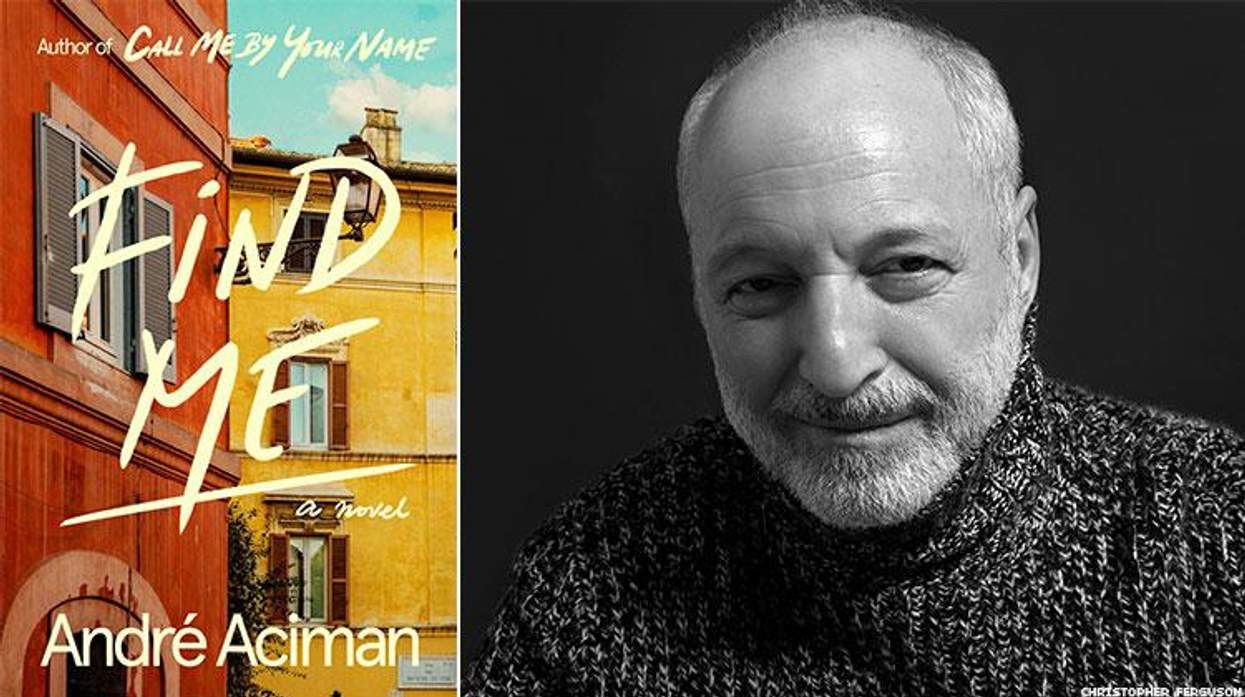

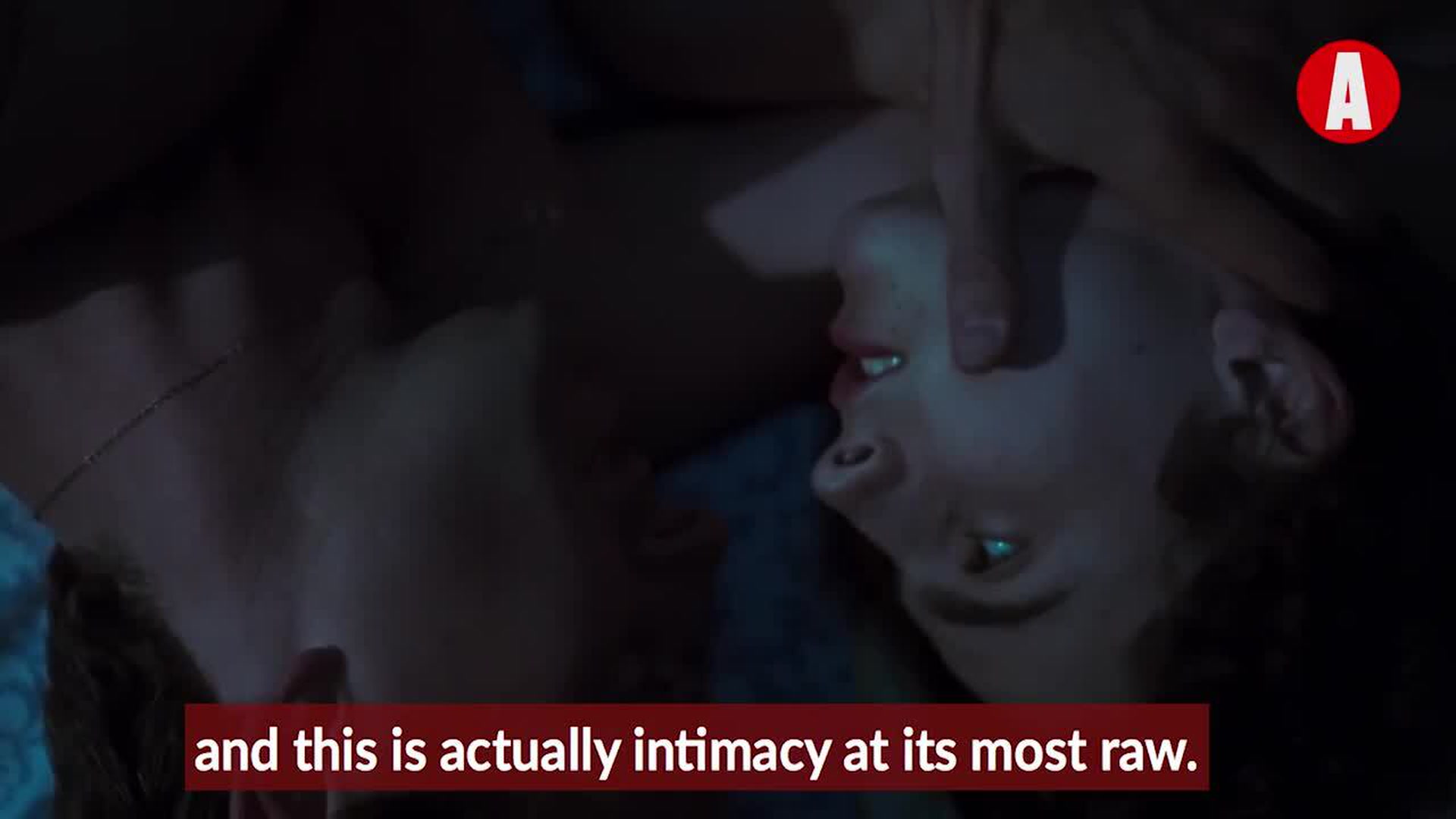




























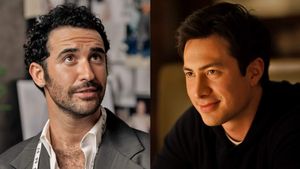









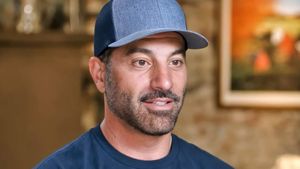






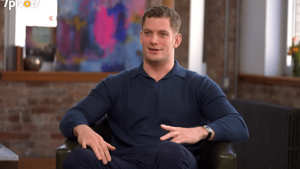





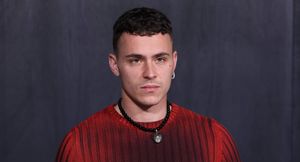






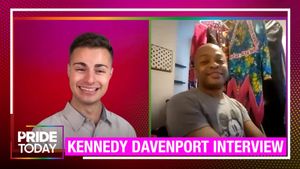





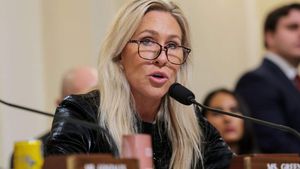

Charlie Kirk DID say stoning gay people was the 'perfect law' — and these other heinous quotes